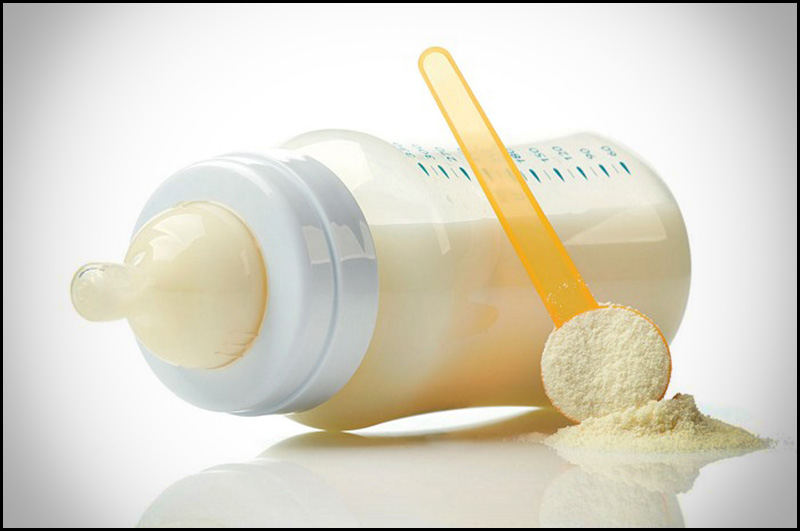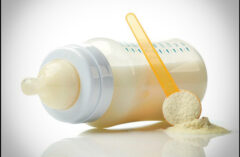Table of Contents
Last Updated on December 11, 2023 by Team Spinfuel
 Iron is a necessary mineral that is important for numerous bodily processes, especially infant nutrition. Hemoglobin, a protein found in red blood cells that transports oxygen from the lungs to the body’s tissues, must be produced. Myoglobin, a protein that stores and delivers oxygen in muscles, is similarly made with the aid of iron.
Iron is a necessary mineral that is important for numerous bodily processes, especially infant nutrition. Hemoglobin, a protein found in red blood cells that transports oxygen from the lungs to the body’s tissues, must be produced. Myoglobin, a protein that stores and delivers oxygen in muscles, is similarly made with the aid of iron.
Iron is a component of enzymes that are involved in the breakdown of nutrients for energy, hence it is also involved in energy production and metabolism. Neurotransmitters crucial to mental wellness and brain function must also be synthesised.
Importance of Iron in an Infant Nutrition
Iron is essential for infant nutrition as it is crucial in developing the brain and nervous system. Infants require iron to support the rapid growth of their body and brain during the first few years of life.
Breast milk contains a small amount of iron, but it may not be sufficient to meet the iron needs of infants after about 6 months of age. Iron-fortified formula and complementary foods rich in iron, such as iron-fortified cereals, pureed meats, and legumes, are recommended to ensure that infants receive adequate iron.
Iron deficiency in the partially hydrolyzed formula for infants can lead to delayed development, behavioral problems, and an increased risk of infections. In severe cases, iron deficiency anemia can occur, which can cause fatigue, weakness, pale skin, and other health problems.
To promote iron absorption, infants should consume iron-rich foods and foods containing vitamin C, such as fruits and vegetables. Calcium-rich foods, such as dairy products, should not be consumed simultaneously as iron-rich foods, as calcium can inhibit iron absorption.
Infants born prematurely or with low birth weight are at a higher risk of iron deficiency and may require iron supplements. However, it is essential to consult a healthcare professional before starting any new infant supplement regimen.
Infant Nutrition – What is HiPP HA?
HiPP offers a range of hypoallergenic formulas for infants with allergies or cow’s milk protein intolerances. These formulas are designed to provide complete nutrition while being gentle on sensitive tummies.
HiPP Hypoallergenic formulas are made with Partially Hydrolyzed Formula, which means the proteins are broken down into smaller fragments that are easier for babies to digest. This helps to reduce the likelihood of an allergic reaction or intolerance.
HiPP Hypoallergenic formulas are also free from many common allergens, such as soy, wheat, and egg. They also contain prebiotics and probiotics to support healthy gut flora and aid digestion.
HiPP Hypoallergenic formulas are available in several varieties, including HiPP HA Combiotik and HiPP HA Combiotik PRE. These formulas are suitable for infants from birth to 12 months of age.
Infant Nutrition? Presence of Iron in HiPP HA Formula
HiPP HA (Hypoallergenic) formula contains iron, an essential nutrient for infant growth and development. Iron is added to all infant formulas, including hypoallergenic formulas like
HiPP HA ensures babies receive adequate iron levels to support their overall health and development.
It is important to note that the iron levels in HiPP HA and other infant formulas are carefully regulated to meet the nutritional needs of infants while minimizing the risk of excessive iron intake, which can have adverse health effects.
Infant Nutrition Conclusion
HiPP is a well-known European brand that produces organic baby food and infant formulas. “HA” in “HiPP HA Formula” typically stands for “Hypoallergenic.” Hypoallergenic formulas are designed to be gentler on babies’ digestive systems and are often recommended for infants who are at risk of or have shown signs of milk protein allergies or sensitivities.
HiPP HA Formula is formulated to reduce the risk of allergies by using extensively hydrolyzed proteins. In simpler terms, the proteins in the formula are broken down into smaller fragments, which can be easier for some babies to tolerate without triggering allergic reactions.
This can be especially important for infants who have a family history of allergies or have experienced issues with other formulas.
HiPP, as a brand, is known for its commitment to using organic ingredients and avoiding synthetic additives, pesticides, and genetic modification in their products. Their formulas typically contain a blend of nutrients, vitamins, and minerals necessary for a baby’s growth and development.








